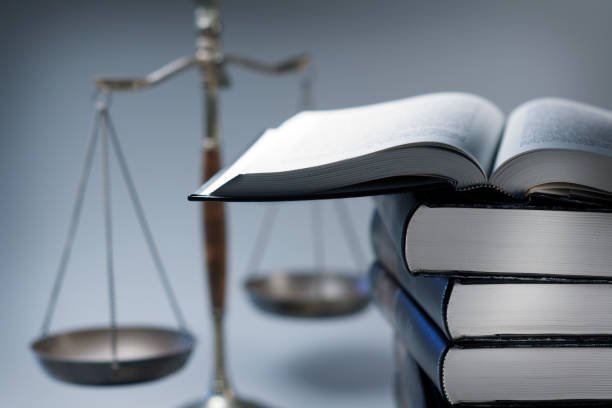Five Pillars that Fall under the Rule of Law in South Africa
Skip to content
Skip to sidebar
Skip to footer
Five Pillars that Fall under the Rule of Law in South Africa
Five Pillars that Fall under the Rule of Law in South Africa


